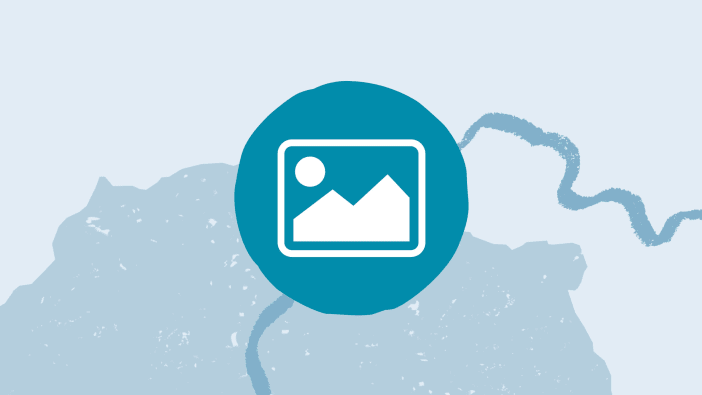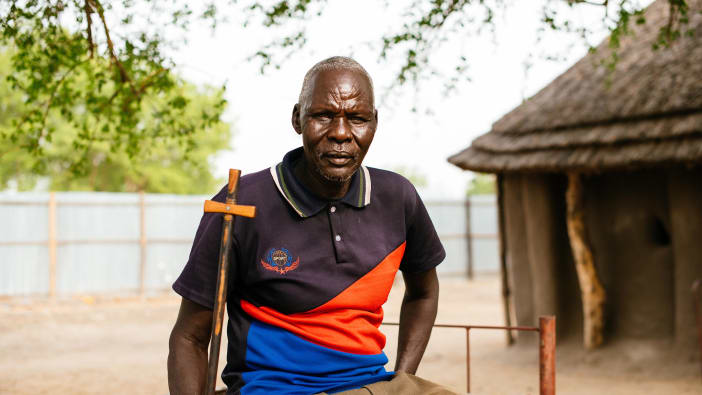by Gladys Mwiti.
The Oasis Centre is based in Nairobi, Kenya, and believes that the importance of Christian counselling in the church cannot be over-emphasised. They prepare training materials and run workshops and seminars throughout Africa to prepare Christian counsellors.
Rwanda – the long road to recovery
Following the traumatic events in Rwanda in May 1994 the Oasis Centre carried out research and prepared crisis counselling materials to use in Rwanda. A training manual called Crisis Counselling was published late in 1994. Other materials followed, including teaching notes for pastors, Bible study materials and teaching on subjects such as forgiveness, hope and repentance.
Later on all these materials were translated into Kinyarwanda. In 1995 a series of training seminars was begun. We have been amazed at the long history of pain stretching deep into the past. At the same time we have been thrilled by the healing power of the Holy Spirit who, through the process of prayer, Bible teaching, counselling and debriefing, helps to bring reconciliation and restore unity.
It is people like Paul (see box) that our trauma counselling seminars are producing. They come from all over Rwanda and from all the churches in that nation. Through them many others will be helped. We trust that a wave of healing and transformation has begun in a wounded nation. Our work in Rwanda continues on this long road to recovery.
What are the needs in our communities?
Recently at the end of one Oasis training course, the newly trained counsellors brought together their thoughts on the needs in their communities. They identified the following problem areas where they can begin to work – through setting up counselling groups in churches and organisations, by teaching people biblical values and in preventing breakdown of relationships…
Changing value systems Due to urbanisation and the movement of people, tribal values which held people together are fast being lost. The church can step in and teach biblical values which are lasting.
Family breakdown Unstable economies, work stress, political instability and general apathy have badly affected family relationships. This can lead to violence, separation and divorce. Strengthening the family should begin with counselling before marriage, followed by marriage enrichment so that family issues can be discussed before they even begin to cause problems.
Young people under pressure Urbanisation, TV, music and films have contributed to fast cultural change among young people. Unrealistic expectations of good jobs leave many young people not only disillusioned but also bitter about a society they see as false and uncaring. Many young people can no longer communicate with their parents who are confused by the changes in their children. Indeed their manner of dress, language, attitude and seeming lack of ambition leaves many parents at a loss. The result of this breakdown in communication is rebellion, drug and alcohol abuse, teenage sexual activity, teenage pregnancy, abortions, school drop-outs etc. Counsellors are equipped not only to understand the needs of young people but also to begin early in preparing parents. Counsellors can help to build bridges between parents and youth through joint seminars in churches, in the community, in schools and by using the mass media.
Since in most of Africa both parents have to work to support the family, counsellors can also help parents to set priorities in their lives so that they spend enough time with their children. Strong relationships need time to grow and the best inheritance parents can give their children is love and a healthy relationship. All the rest – property, money, and education – may not last unless they are based on these two values.
Abuse of children War, ethnic conflict, urbanisation, poverty, unplanned families, drought, famine and loss of community values have, for the first time in Africa, created a large group of abused children. They can be found on the streets, in refugee camps, children’s homes or uncared for in the community. Counsellors learn how to organise these traumatised children and begin community-based programmes where they can start to regain their lost childhood and start living again.
AIDS: prevention, counselling and community based programmes Before they come for training, many counsellors are already working in AIDS-related programmes. After Oasis training, many go home determined to include a biblical aspect in their programmes or to set up programmes in their churches, organisations and communities.
Leadership training and work ethics Many projects and aid programmes in Africa have failed because of untrained leadership. Many international aid agencies feel that their involvement in Africa has almost been a wasted investment. This is because Africa continues to slip deeper into dependence. Oasis recognises that sustainable development has to be based on ‘people transformation’. During the training much time is spent on understanding people’s inner needs, learning to help motivate them towards transformation by God, emphasising biblical work ethics and calling leaders to servant leadership. The lay counsellors go home as transformed leaders, able to provide counselling in conflict situations in organisations and to lead towards accountability in the world of work and ministry.
They believe God’s way is in urgent demand for achieving a meaningful life. They now have a vision of hope for Africa and a burden to help others.
May we be a shining light to the nations.
May we bring a word of life to the peoples of the earth.
May we be a healing balm to the nations.
A prayer written by participants of an Inter Africa Counselling Seminar, September ’95
Gladys Mwiti is the Founder and Executive Director of Oasis Counselling Centre, PO Box 76117, Nairobi, Kenya.









